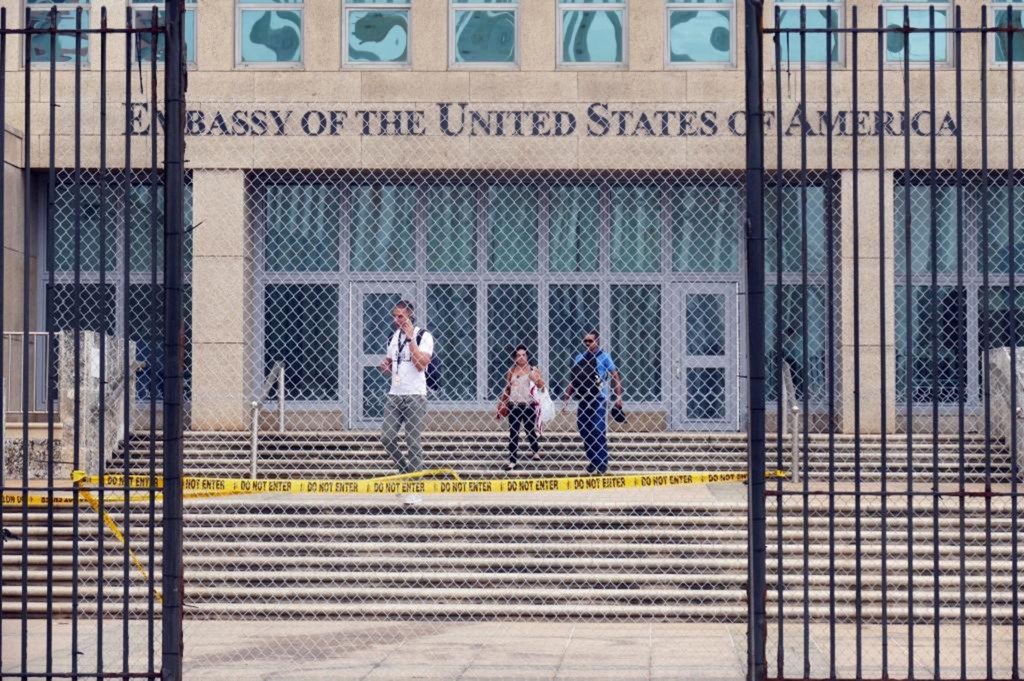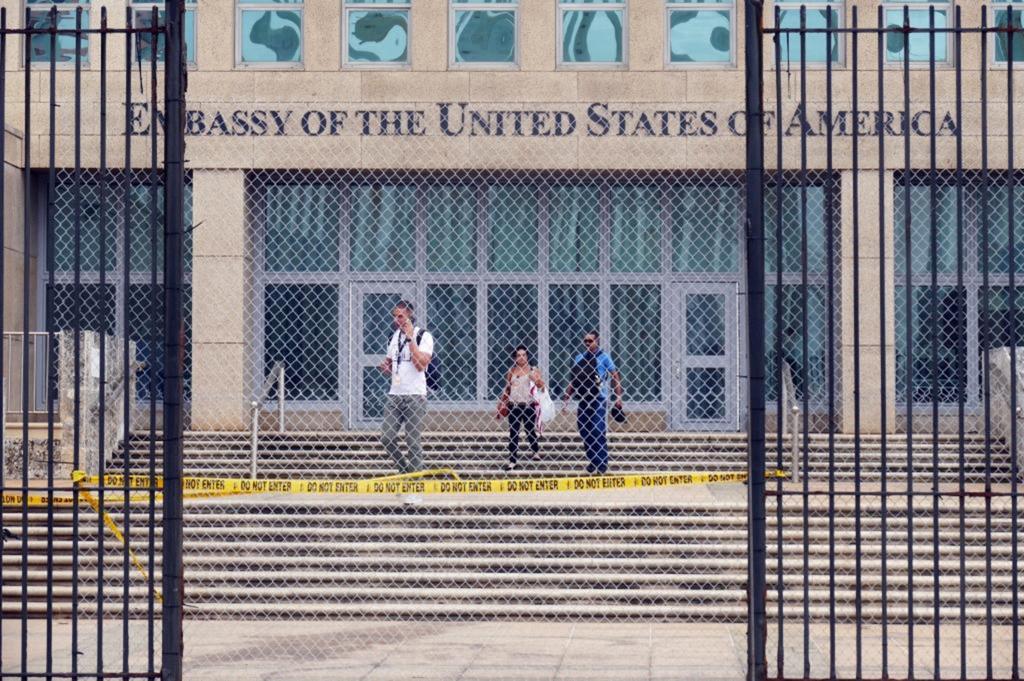What is Havana syndrome, the mysterious illness linked to Russia creating havoc on intel community
The mysterious illness known as Havana Syndrome first appeared in late 2016 when over a dozen American and Canadian officials working out of Havana, Cuba began to hear grating noises and feel odd sensations of pressure out of their ears.
The bizarre noises were only a harbinger of the more serious physical ailments about to plague the intelligence officials.
Many of them quickly began to suffer strange symptoms such as memory loss, nausea, dizziness, hearing loss, headaches, ear pain, and more.
Now, just shy of eight years later, there have been over 1,500 cases reported from dozens of countries. The intelligence community is perplexed about this phenomenon which has shortened the careers of talented personnel and racked up significant medical expenses.
Others, however, are convinced the syndrome is not real and likely stems from psychosomatic issues.
Over the weekend, Havana Syndrome was once again thrust into the spotlight with a bombshell “60 Minutes” report that presented evidence the Kremlin could be behind the mystery ailment.
What is Havana Syndrome?
Havana Syndrome is the name of the enigmatic ailment that has afflicted hundreds of US military, intelligence, and diplomatic personnel since late 2016. It has also been dubbed “Anomalous Health Incidents” within the intelligence community.
Experiences with the condition vary from person to person. Some recall hearing grating noises before suffering symptoms, others do not. Additionally, some of those who heard the noises did not become ill.
There have also been questions about whether those noises were actually crickets.
Moreover, some victims suffered symptoms in the short term that appeared to subside, while others necessitated long-term treatment.
The common thread is that, for the most part, this is affecting US officials.
What are the symptoms of Havana Syndrome?
Symptoms of the illness vary but typically entail dizziness, fatigue, migraines, memory lapses, ear pain, hearing loss, and additional cognitive problems.
Sometimes those ailments have been characterized by victims as extreme.
There isn’t evidence to suggest that victims suffered any significant brain injury, according to two National Institutes of Health studies released last month.
However, other professionals who studied the phenomenon such as Stanford University scientist David Relman have disputed that assumption.
What causes Havana Syndrome?
The best answer to this crucial question is: We don’t know.
Experts have floated a range of theories such as chemical attacks, ionizing radiation, acoustic signals, and electromagnetic energy, the Washington Post reported.
In 2020, the National Academies of Sciences, Engineering, and Medicine released a study that suggested “directed, pulsed radio frequency energy” could be the culprit.
So far, the public hasn’t seen proof beyond circumstantial evidence that indicates an energy weapon was utilized.
Yet, others have posited that the symptoms were merely the result of environmental or other preexisting factors.
Is Russia behind Havana Syndrome?
Early on, some of the victims began to suspect that Russia or another foreign adversary played some role in spreading the ailment.
In 2022, however, the CIA concluded that a foreign actor was likely not responsible.
“We assess it is unlikely that a foreign actor, including Russia, is conducting a sustained, worldwide campaign harming U.S. personnel with a weapon or mechanism,” a senior CIA official, told the Washington Post.
Later on, five out of seven agencies that reviewed the matter concluded it was “very unlikely” that a foreign power was behind it, according to an assessment released last year.
But that theory was blown up over the weekend, when “60 Minutes,” Der Spiegel, and The Insider reported that Russia’s shadowy Russian hit squad, unit 29155, may have played a role.
“Unfortunately, I can’t get into specifics based on the classification, but I can tell you at a very early stage, I started to focus on Moscow,” Greg Edgreen, who led the Pentagon’s inquiry into the Havana Syndrome told “60 Minutes.”
Edgreen underscored the “caliber of our officer impacted,” noting that it was typically high-performing individuals and that there was consistently a “Russia nexus” or connection revolving around that person.
Key officials interviewed for the “60 Minutes” piece cited a variety of evidence, including records revealing a 29155 officer garnered a bonus for work on a “non-lethal acoustic weapons” system.
Moscow promptly denied the accusations, with spokesperson Dmitry Peskov asserting, “All this is nothing more than a baseless accusation, an unfounded accusation by the media,” per Russian state news TASS.
What is the US doing about Havana Syndrome?
Lawmakers in Congress have been monitoring developments on Havana Syndrome.
In late 2022, Congress directed funds in the Defense funding legislation to establish an “anomalous health incidents interagency coordinator.”
Legislation has also been crafted to root out gaps in federal coverage and ensure that federal employees afflicted by the ailment get covered.
Top Biden administration officials such as CIA Director William Burns and Secretary of State Antony Blinken have dubbed the issue a priority for them.
Behind the scenes, the intelligence community is still analyzing and assessing the situation.

















